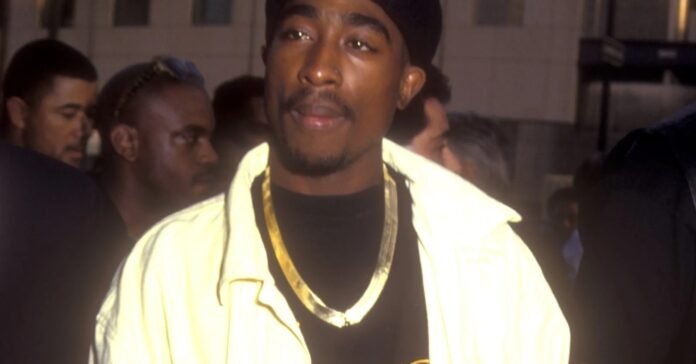Khalid Muhammad’s Estate Files Lawsuits Against Major Artists and Labels
In a surprising turn of events, the estate of Dr. Khalid Muhammad has initiated three federal lawsuits in California, targeting prominent artists and record labels. The lawsuits allege that these entities have exploited the late activist’s speeches without obtaining proper consent, credit, or compensation. Among those named in the lawsuits are iconic figures such as 2Pac, Public Enemy, and D’Angelo.
Accountability Over Exploitation
Attorney Malik Zulu Shabazz, representing Muhammad’s estate, emphasized that these lawsuits are not intended as an attack on the artists involved. “These lawsuits are about accountability,” he stated. “The record labels and music corporations exploited Khalid Muhammad’s voice for profit, just like they’ve done to the Black artists whose songs featured him.” This statement underscores a broader issue within the music industry regarding the treatment of Black voices and legacies.
Gloria Valson Speaks Out
In a statement provided to AllHipHop, Dr. Muhammad’s 79-year-old sister, Gloria Valson, expressed her frustration with high-level executives who she believes have manipulated her brother’s legacy for profit. “This is about Tupac Shakur’s record label—the one run by Tom Whalley—the man who profited off my brother’s legacy while denying him the credit and compensation he deserved,” she asserted. Valson specifically referenced 2Pac’s 1996 track “White Man’z World,” which features Muhammad’s voice in the intro, highlighting the lack of acknowledgment for his contributions.
The Legacy of 2Pac and the Call for Justice
Valson made it clear that her brother’s legacy should not be overshadowed by the fame of the artists who used his voice. “Let’s be clear,” she continued. “Tupac was murdered. And though his Makaveli album came out after his death, we know he would have wanted my brother, Dr. Khalid Muhammad, to be credited and paid for the use of his voice.” This sentiment reflects a deep-seated desire for justice not only for her brother but also for the broader community that he represented.
Targeting Specific Tracks
The lawsuits also focus on specific tracks that have utilized Muhammad’s speeches without compensation. D’Angelo’s 2014 track “1000 Deaths” and Public Enemy’s classic “Night of the Living Baseheads” are among those cited. Valson criticized D’Angelo, stating, “With a name like Black Messiah, you should know better. You took my brother’s voice, used a whole minute of his speech and never got permission. Not a second should’ve been used. You owe the family. Pay what you owe.” This highlights the expectation that artists should respect the legacies of those who came before them.
A Vision for the Future
“What’s happened is disgraceful, plain and simple," Valson remarked. "We want to fix what’s been wrong for too long. We want justice and restitution, not just for our family but for the mission Khalid Muhammad lived and died for.” She also revealed that the estate has plans to establish a Black museum and institutions for Black studies. If successful, the financial outcomes from these lawsuits could provide the necessary funding to kickstart such a significant project.
Dr. Khalid Muhammad: A Complex Legacy
Dr. Khalid Muhammad was a polarizing figure, known for his role as the main spokesman for the Nation of Islam in the early 1990s before becoming the national chairman of the New Black Panther Party in 1997. His often inflammatory rhetoric has left a complicated legacy, yet he remains an influential voice in hip-hop history, frequently sampled and referenced by various artists. Muhammad passed away in 2001 at the age of 53, but his voice continues to resonate within the genre, raising questions about ownership and respect in the music industry.

